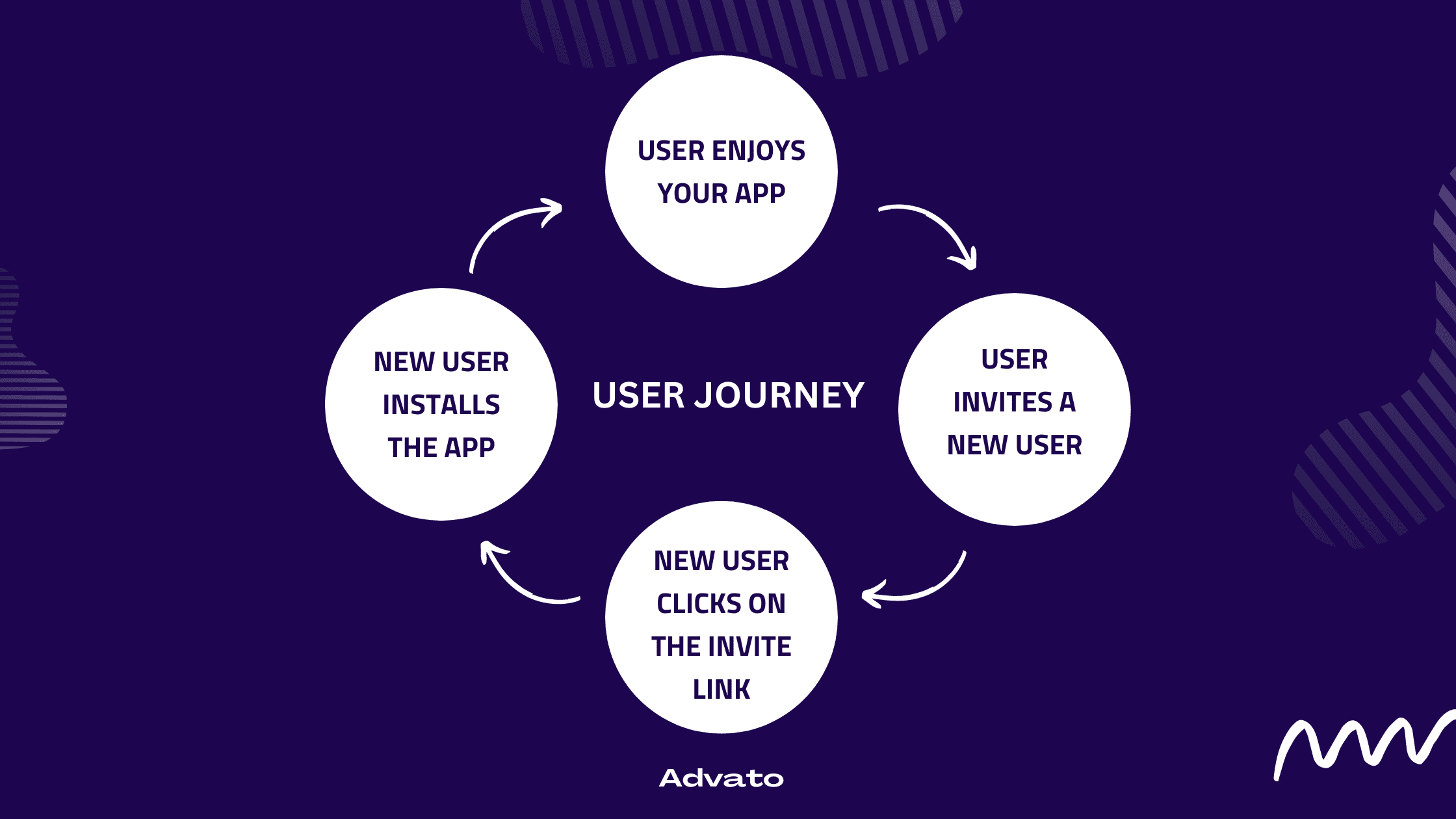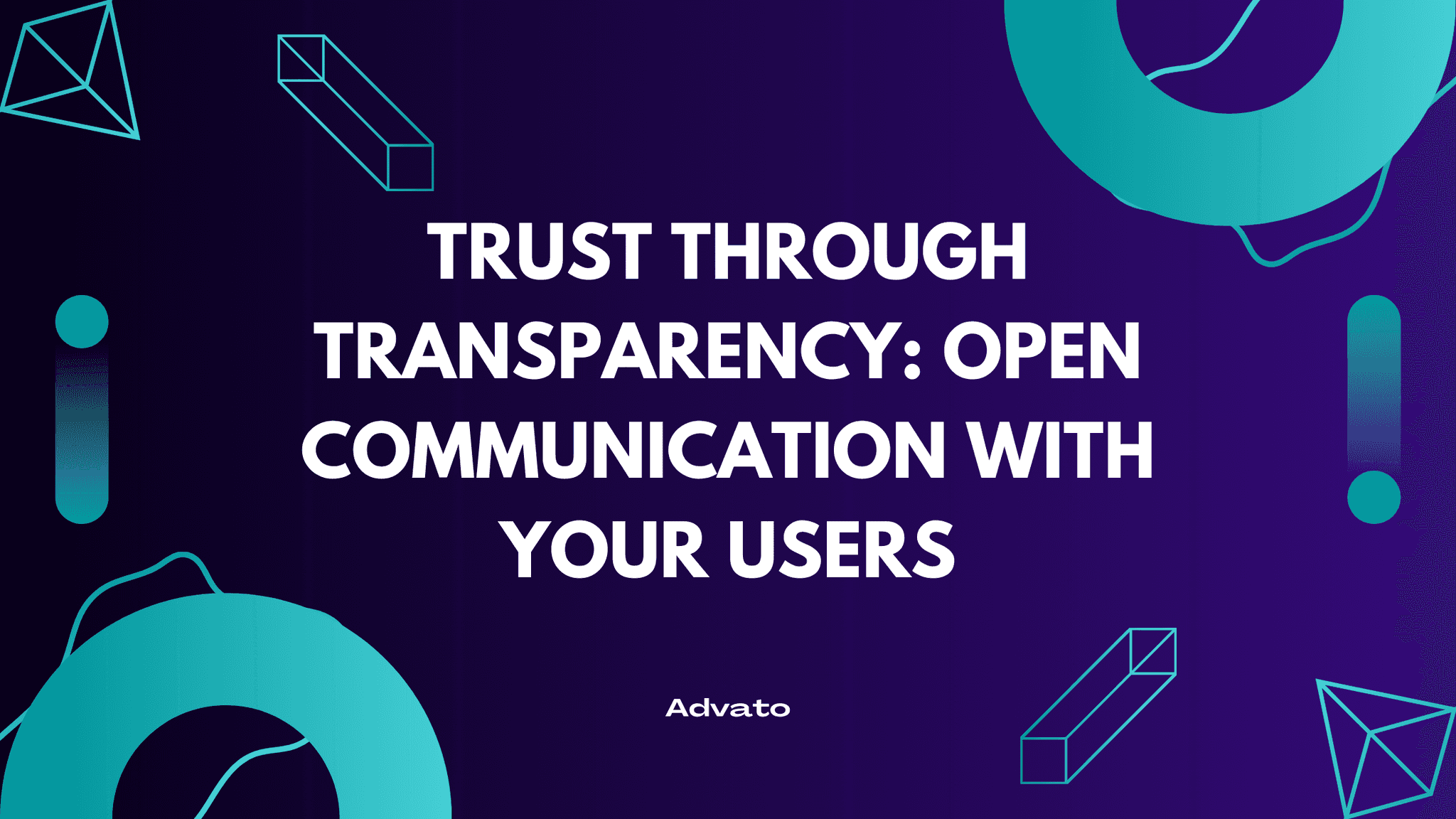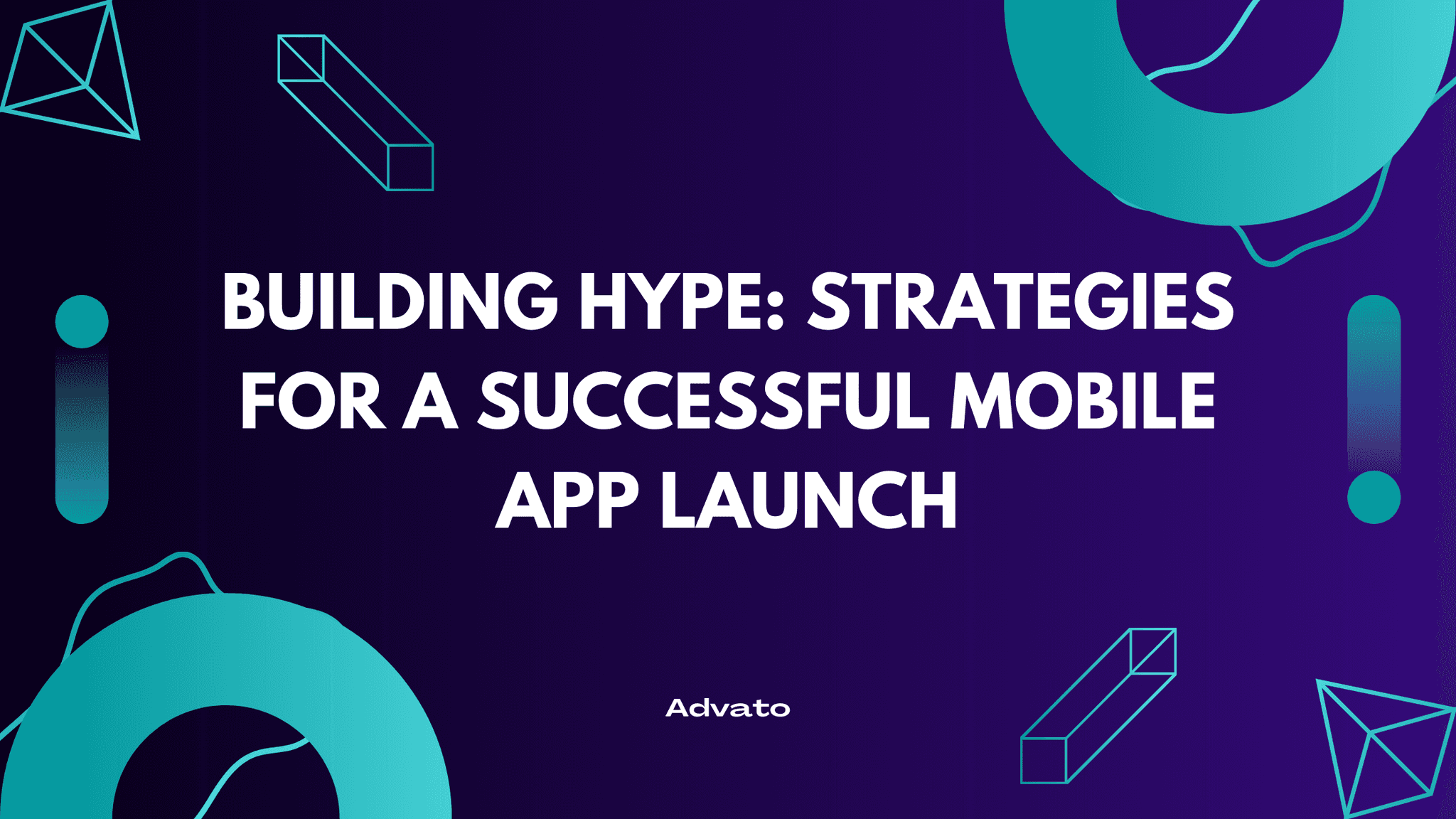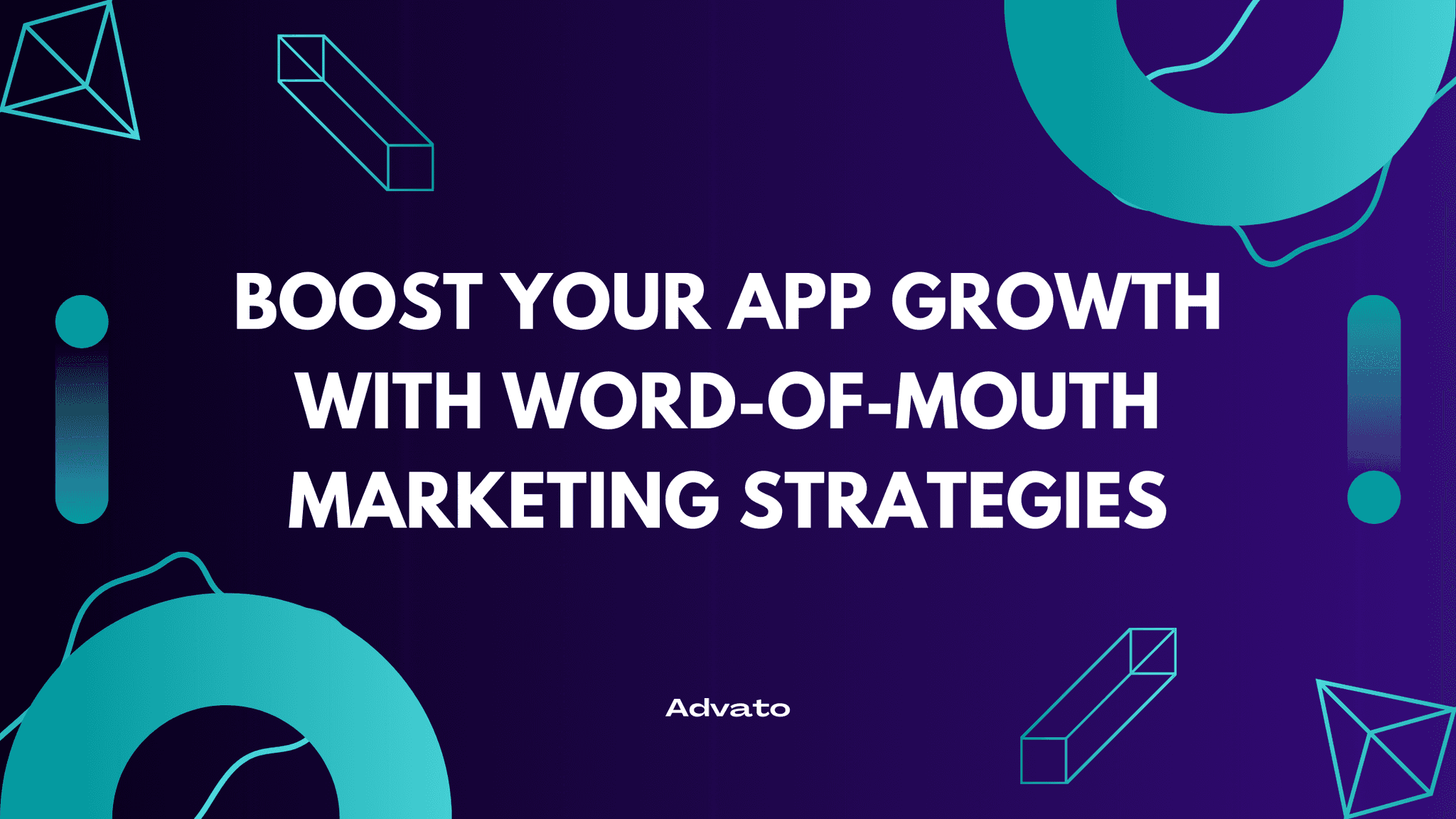Sep 26, 2024
As an indie app developer, you've poured your heart and soul into creating an amazing app. But in the sea of mobile apps, how do you make sure your creation doesn't get lost in the crowd? There’s one thing that can help, app referrals – a powerful, cost-effective strategy that can significantly boost your indie app growth and transform your app marketing efforts.
In this blog post, we'll explore why referral marketing is a game-changer for indie developers and how you can use it to grow your app.
The Indie Developer's Dilemma
Before we dive into the world of app referrals, let's acknowledge the challenges faced by indie developers:
Limited budget for marketing and user acquisition
Fierce competition from well-funded apps and established brands
Difficulty in standing out in crowded app stores
Limited resources for user retention and engagement
These challenges make it crucial for indie developers to find cost-effective, high-impact marketing strategies. This is where app referrals come into play.
What Are App Referrals?
At its core, an app referral program encourages your existing users to recommend your app to their friends, family, or colleagues. In return, both the referrer and the new user typically receive some form of reward or incentive.
Here's a simple breakdown of how it works:
User A loves your app and decides to refer it to Friend B
User A shares a unique referral link or code with Friend B
Friend B installs the app using the referral link
Both User A and Friend B receive a reward (e.g., in-app currency, premium features, discounts)
It's a win-win-win situation: you gain a new user, User A gets rewarded for their recommendation, and Friend B discovers a great new app (often with a welcome bonus).
Why App Referrals are a Game-Changer for Indie Developers
Now, let's explore why referral marketing is particularly powerful for indie app growth and indie marketing efforts:
Cost-Effective User Acquisition
As an indie developer, every dollar counts. Referral programs often have a much lower cost per acquisition (CPA) compared to traditional advertising methods. You're essentially turning your existing user base into a volunteer marketing team.
Higher Quality Users
Users acquired through referrals tend to be more engaged and have a higher lifetime value. Why? Because they come with a built-in trust factor – a recommendation from someone they know.
Increased User Engagement
A well-designed referral program can boost engagement among your existing users. The prospect of earning rewards can encourage users to interact more with your app and explore its features.
Viral Growth Potential
With the right incentives and a great app experience, referral programs have the potential to drive exponential growth. Each new user becomes a potential promoter of your app.
Builds Trust and Credibility
As an indie developer, building trust can be challenging. Referrals leverage the trust between friends, giving your app an instant credibility boost.
Provides Valuable Insights
Referral programs can offer insights into who your most valuable users are and how they're using your app, helping inform your overall indie app growth strategy.
Key Elements of a Successful App Referral Program
Now that we understand the benefits, let's look at the essential components of an effective referral program:
Clear and Compelling Incentives
Your rewards should be valuable enough to motivate users to make referrals. This could be in-app currency, premium features, or even tangible rewards for high-performing referrers.
Seamless User Experience
The referral process should be as simple and intuitive as possible. Users should be able to share referral links or codes with just a few taps.
Personalized Referral Messages
Allow users to add a personal touch to their referral messages. This increases the likelihood of the referral being acted upon.
Multi-Channel Sharing Options
Enable users to share referrals through various channels – SMS, email, social media, etc. The easier it is to share, the more likely users are to do so.
Transparent Tracking
Users should be able to easily track the status of their referrals and rewards. This transparency builds trust and encourages continued participation.
Ongoing Communication
Keep users engaged with your referral program through push notifications, in-app messages, and emails. Remind them of the benefits and celebrate their successes.

Implementing App Referrals: A Step-by-Step Guide for Indie Developers
As an indie developer, the thought of implementing a referral program might seem daunting. But with the right approach and tools, it's entirely achievable. Here's a step-by-step guide to get you started:
Set Clear Goals
Define what you want to achieve with your referral program. Is it purely user acquisition, or are you also aiming to increase user engagement? Having clear goals will help shape your strategy.
Design Your Reward Structure
Decide on the incentives for both the referrer and the referee. Make sure they're attractive enough to motivate action but sustainable for your app's economy.
Create a User-Friendly Referral Flow
Map out the user journey for making and receiving referrals. Aim to make it as simple and intuitive as possible.
Implement Tracking and Attribution
Ensure you have a system in place to accurately track referrals and attribute new users to the correct referrer. This is crucial for maintaining trust in your program.
Develop Clear Communication
Create clear, concise messaging about your referral program. This includes in-app prompts, emails, and any FAQ or help documentation.
Test and Soft Launch
Before rolling out to all users, test your referral program with a small group. This will help you identify and fix any issues.
Analyze and Optimize
Once launched, closely monitor the performance of your referral program. Look at metrics like referral rate, conversion rate, and the lifetime value of referred users.
Iterate and Improve
Based on your analysis, continually refine your referral program. This might involve adjusting rewards, simplifying the user flow, or trying new promotional tactics.
Tools and Technologies for Implementing App Referrals
As an indie developer, you might be wondering how to technically implement a referral program. While it's possible to build a system from scratch, there is another way to simplify the process.
Meet Advato, a platform designed to help app developers implement and manage referral programs with ease. Advato offers features like:
Easy integration with your existing app
Customizable referral flows
Robust tracking and attribution
Analytics dashboard for monitoring performance
A/B testing capabilities for optimizing your program
Using Advato can significantly reduce the time and effort required to set up and manage your referral program, allowing you to focus on what you do best – developing and improving your app.
Best Practices for Indie App Referral Programs
To maximize the success of your referral program, keep these best practices in mind:
Keep it Simple: The simpler your referral process, the more likely users are to participate.
Make it Visible: Promote your referral program within your app, on your website, and in your communication with users.
Provide Value to Both Parties: Ensure both the referrer and the new user benefit from the referral.
Be Transparent: Clearly communicate how the referral program works and how rewards are earned and distributed.
Leverage Social Proof: Showcase successful referrals and testimonials from satisfied users.
Optimize for Mobile: Ensure the entire referral process is smooth and easy on mobile devices.
Comply with Regulations: Be aware of and comply with any relevant regulations regarding referral programs in your operating regions.
Personalize the Experience: Use data to personalize referral prompts and rewards based on user behavior and preferences.
Measuring the Success of Your Referral Program
To ensure your referral program is driving indie app growth effectively, you need to track the right metrics. Here are some key performance indicators (KPIs) to monitor:
Referral Rate: The percentage of your users who are actively making referrals.
Conversion Rate: The percentage of referred users who actually install and engage with your app.
Cost Per Acquisition (CPA): The cost of acquiring a new user through your referral program.
Lifetime Value (LTV) of Referred Users: How valuable referred users are compared to users acquired through other channels.
Viral Coefficient: On average, how many new users each of your existing users brings in.
Referral Program ROI: The overall return on investment of your referral program.
By closely monitoring these metrics, you can continually refine and improve your referral program for maximum impact.
Common Challenges and How to Overcome Them
While app referrals can be a game-changer, they're not without challenges. Here are some common issues indie developers face and how to address them:
Low Participation Rates: If users aren't engaging with your referral program, try making it more visible within your app, improving your incentives, or simplifying the referral process.
Fraudulent Referrals: Implement safeguards against fake referrals, such as requiring referred users to complete certain actions before rewards are issued.
Technical Implementation: If you're struggling with the technical aspects, consider using Advato to simplify the process.
Measuring Impact: Ensure you have proper analytics in place to accurately track the performance of your referral program. Again, Advato can help with this.
Balancing Rewards: If your rewards are too low, users won't be motivated. If they're too high, it might not be sustainable. Continuously test and adjust to find the right balance.
Embrace the Power of App Referrals
As an indie developer, app referrals represent a powerful opportunity to level the playing field and compete with bigger, well-funded apps. By turning your users into advocates, you can achieve sustainable, cost-effective growth and build a community of engaged users around your app.
Remember, the key to a successful referral program lies in providing value – both to your existing users and the new users they bring in. With careful planning, implementation, and ongoing optimization, app referrals can indeed be a game-changer for your indie app growth strategy.


